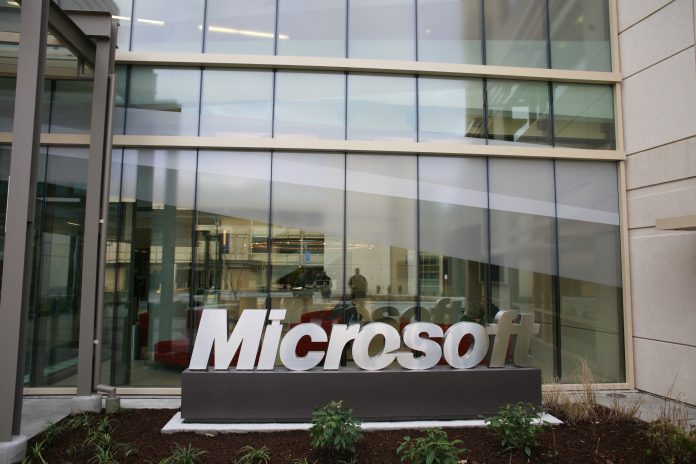“The metric in this statement was intended to refer only to a specific cloud-based service, Teams calling and meeting monthly users, in a specific country, Italy,” it writes to the SEC. “The statement was not intended to provide information about the performance of Azure and cloud services generally, Microsoft’s Intelligent Cloud segment, or Microsoft as a whole.” The initial blog post was published on March 28 and seemingly coincided with an uptick in the company’s share price after media reports. By filing the mistake with the SEC, it ensures the organization has the correct information and lessens the chance of legal action. A high profile example of the trouble misleading statements can bring is Elon Musk, who told fans on Twitter that he was thinking of taking Tesla private. The CEO eventually reached a settlement with the SEC but was accused of breaking that in February when he posted projected earnings statistics. The difference between Microsoft’s initial claim and what it’s now reporting is obviously quite staggering. A 775 increase in all regions that enforced social distancing in general cloud services would have been an astronomical increase for the company. Given that Italian ISPs had been noting huge traffic increases at the time, this one makes much more sense. The company has since corrected the blog post, though its claim that there hasn’t been “any significant severe service disruptions” is still raising eyebrows.




